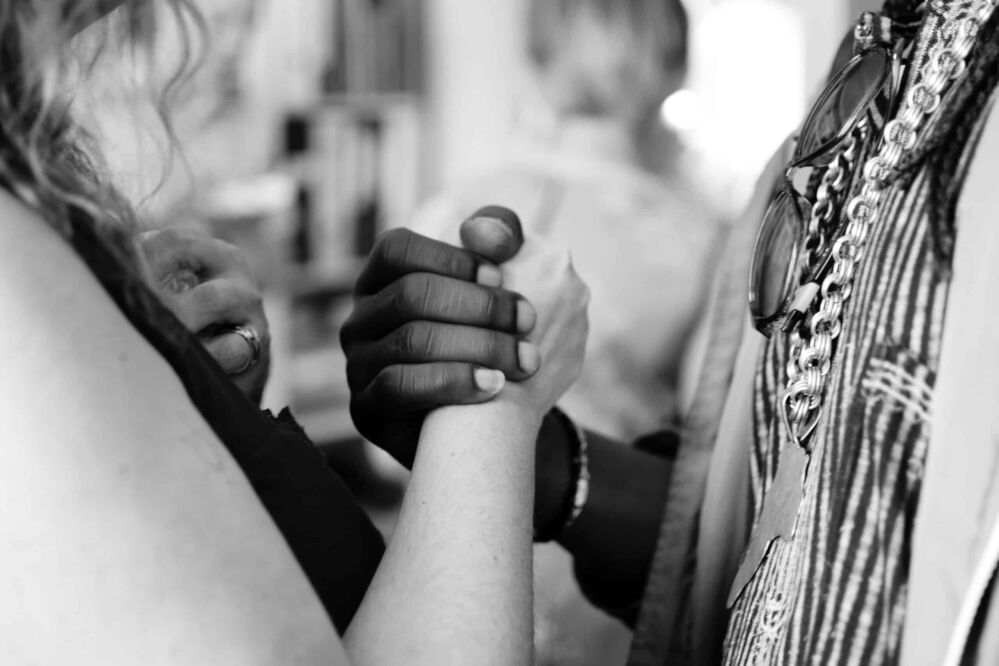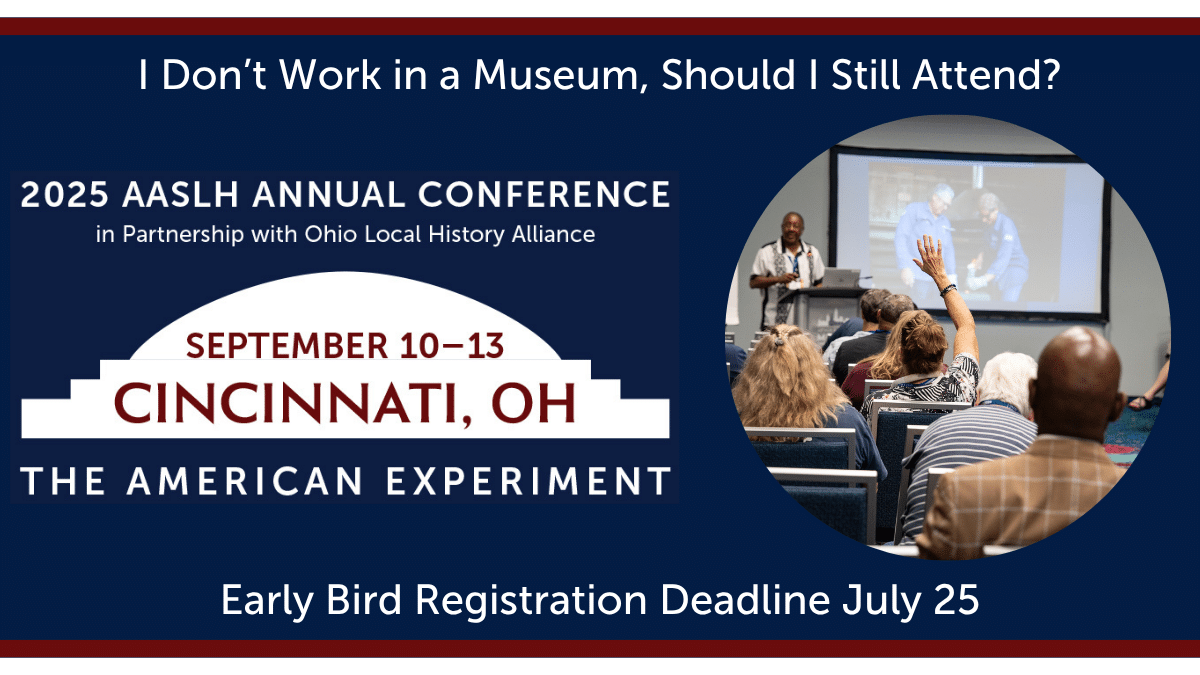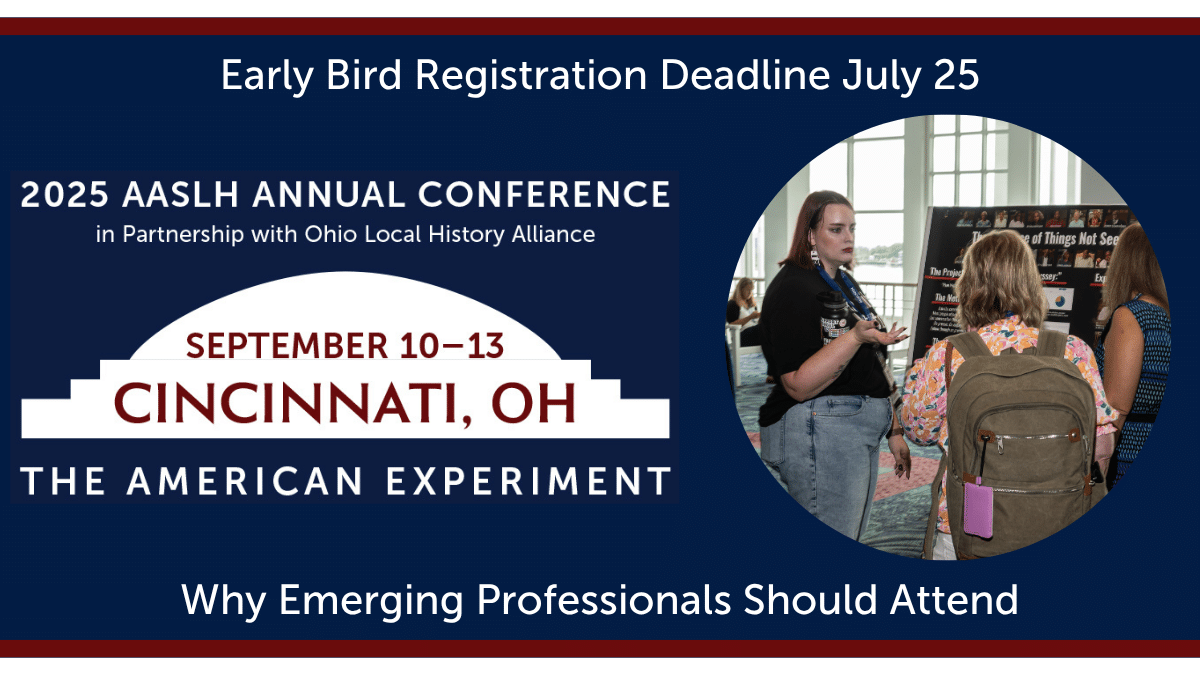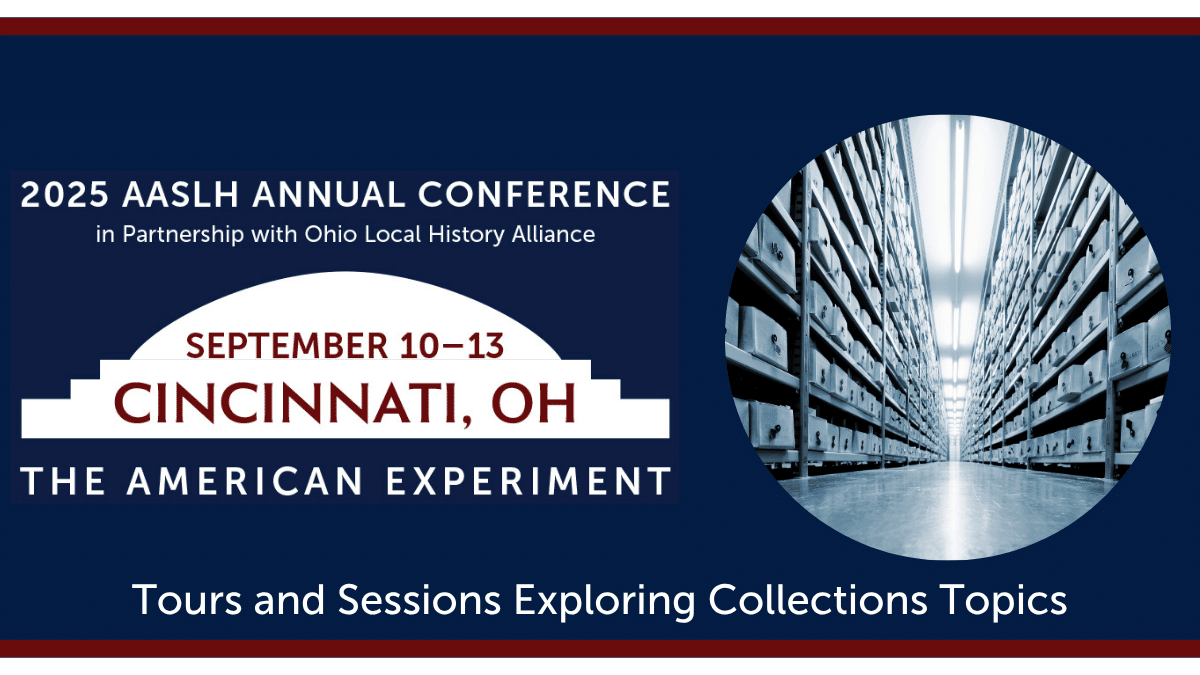
By Avi Decter
They draw near and come. Each one helps the other, saying to his fellow, “Take Courage!”
Isaiah 41: 5-6
A recent interest in health in the museum workplace has identified numerous issues ranging from inequitable hiring to ageism. One of the most consequential lapses in many museums has been the failure to invest in professional development. Typically, museums might sponsor annual attendance at a single professional conference, perhaps with release time for a workshop or other local event (to avoid travel costs). Here and there a mentoring program is in place, while a few institutions provide organized, systematic programs to strengthen their staff. But, by and large, the field has been slow to grow its staff beyond the narrow parameters of the job.
We are now at an inflection point. The nested crises of the past three years have intensified the challenge for our museums to re-imagine themselves.
And the two cohorts most directly engaged are emerging professionals and mid-career staff; these are in many cases the people who are best equipped to envision a different future, for themselves, their institutions, and their users. But in the rush to return to the status quo ante, conventional norms and hierarchies have often stifled the voices of new and mid-career staff.
Still, a lot of recent conversations across the field suggest that museum professionals need to assert their own agency, within and beyond their institutions. Museums are in fact pretty porous organizations, and individuals can often find opportunities to express their views or even to initiate activities. But the responsibility for taking action is placed squarely on the shoulders of individuals rather than their institutions. This is, of course, in keeping with American traditions of self-reliance, personal responsibility, and individual creativity. But it also reflects the professional isolation in which many of our colleagues find themselves.
People are, however, cooperative by nature. It follows that effectiveness might be made easier through collaboration, and the most basic form of collaboration is a partnership. Two people working together can—and often do—exceed conventional expectations. Shared values, sympathetic styles, and mutual trust can go a long way toward energizing both parties—and the institutions that employ them. A single voice is often slighted, but when two voices call out in unison they constitute a chorus—and a chorus is much harder to ignore. In anthropological terms, two or a few people working together can create a small group culture. To put it simply, if we want to gain more agency in our work and our workplaces, many of us need to find a partner!
This is not always easy to do. But new media have made things much less burdensome. An array of online webinars, talking circles, advocacy groups, and other platforms for conversation now populate the digital realm. As Robert Janes argues, there are now dozens of self-organized coalitions that are challenging mainstream practices. Anyone could fill the whole work week with virtual gatherings and virtual discourse. Gathering ideas from across the globe is now possible. The trick is how to narrow down to those conversations that are most germane and productive. But with very modest effort, it should not take long to find like-minded folk who can provide the substance and style that help individuals to self-actualize. Even better, one can find a mentor or a partner who is interested in the same issues and initiatives and who will encourage us to take courage.

Best of all is to find a partner in our own institutions or, failing that, in our communities. Most of us have the means, but because our workloads are heavy, many of us tend to ignore the opportunities that do present themselves. A regular conversation over coffee or a brown bag lunch can go a long way toward forming a working partnership. A reading group or book club can invest the conversation with new ideas and ways of working. A regular excursion at lunch hour is another alternative: one might be surprised to discover all manner of applicable opportunities and resources right in one’s immediate neighborhood.
Over time, an on-site partnership dedicated to thoughtful reflection can lead to quiet changes in practice or to proposals for bolder initiatives.
The ancient prophet had it right. If we aspire to get things done, to more fully realize our own agency, we need to draw near and come together, to help our fellows, and to offer each other (and ourselves) the courage to move forward.
Thanks to Robert Janes, PhD, the author of Museums and Societal Collapse, for his comments and edits. And in honor of Ken Yellis, who walks the walk.
Avi Decter is Managing Partner of History Now, an interpretive planning firm. He is co-editor of Change Is Required: Preparing for the Post-Pandemic Museum (2022) and author of Exploring American Jewish History through 50 Historic Treasures (2024). He can be contacted at [email protected].



